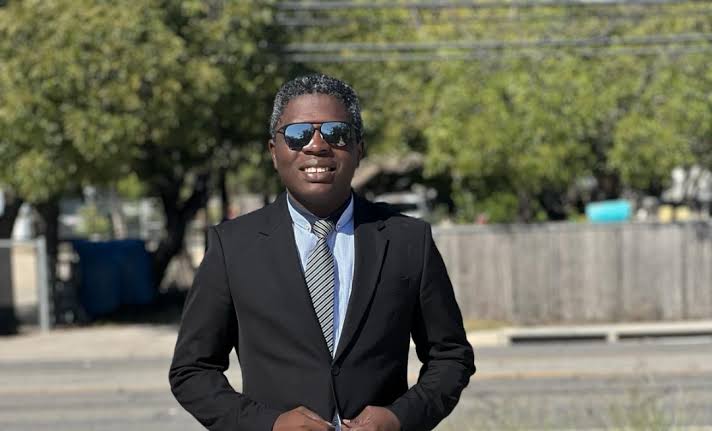In a world grappling with climate change and environmental degradation, the wisdom encapsulated in Yoruba proverbs provides powerful lessons on sustainability and collective action.
At the 2024 Association of Teachers of Technical Writing Conference in the United States, themed “Building Community and Coalitions through Liberatory Pedagogies in Technical Communication,” Dr. Olarotimi Ogungbemi presented on “Engaging Community Narratives in Technical Communication Pedagogies.”
His presentation highlighted the importance of community involvement in technical communication.
His presentation advocates weaving proverbs into the fabric of technical communication pedagogies, leveraging them to build more engaging and effective environmental education strategies. This method not only educates but also connects deeply with the community’s cultural heritage, thereby enhancing the uptake of sustainability messages.
Dr. Ogungbemi’s presentation emphasizes the use of Yoruba proverbs to illustrate crucial environmental concepts. The Yoruba proverb “Ọpọ leṣú fi ya igi lóko” (It is by means of their numbers that locusts tear down a branch) vividly illustrates how small, seemingly insignificant actions can accumulate to produce a significant impact.
This proverb is particularly resonant when discussing environmental issues such as pollution, deforestation, and urban sprawl. It teaches that just as a swarm of locusts can strip a forest bare, so too can aggregated human activities lead to substantial environmental degradation.
This metaphor is powerful in technical communication pedagogies, where it is used to foster a sense of collective responsibility.
In workshops and educational sessions, this proverb aids in illustrating how each individual’s actions contribute to larger environmental consequences. It emphasizes the power of collective action in both harming and healing our planet, thereby urging communities to adopt more sustainable practices.
Another poignant proverb, “Àfọmọ ńṣe ara-a rẹ, ó ní òún ńṣe igi” (The creeper destroys itself, saying it is destroying the tree), highlights the self-defeating nature of unsustainable practices.
This proverb serves as a critical reflection on how human activities aimed at exploiting natural resources often backfire, harming the very communities that depend on these ecosystems.
In the context of climate change and environmental degradation, it acts as a cautionary tale illustrating that the damage we inflict on our environment ultimately rebounds upon us. In educational and communication strategies, this proverb is employed to discuss the long-term impacts of environmental neglect and the importance of sustainable development.
It is particularly effective in community dialogues, where the focus is on how unsustainable practices compromise not just the present but future generations.
Integrating these proverbs into technical communication pedagogies involves a multidimensional approach.
Firstly, it requires translating these age-old wisdoms into actionable knowledge through dialogues, workshops, and community-based participatory research. Educators and communicators are trained to use these proverbs to construct narratives that resonate with local values and experiences, thereby enhancing the community’s engagement with environmental issues.
Moreover, these proverbs are also woven into the development of educational materials, such as brochures, informational posters, and digital content, which help disseminate key messages about sustainability and collective responsibility across a broader audience.
Dr. Ogungbemi’s work resonates deeply with the conference’s theme of building community and coalitions through liberatory pedagogies. By incorporating indigenous knowledge and cultural narratives, his approach promotes a liberatory educational practice that empowers communities to actively participate in and lead their environmental management efforts.
The presentation concludes with a call to action, urging conference attendees and the broader technical writing community to consider how cultural narratives and indigenous knowledge can be instrumental in fostering environmental sustainability.
Dr. Ogungbemi advocates for a broadened perspective in technical communication, one that embraces the wisdom of traditional proverbs to address contemporary environmental challenges effectively.
This session at #ATTW24 highlights the critical role of technical communicators in facilitating meaningful community engagement and building coalitions for environmental action, showcasing how traditional wisdom can lead to innovative solutions for global challenges.

